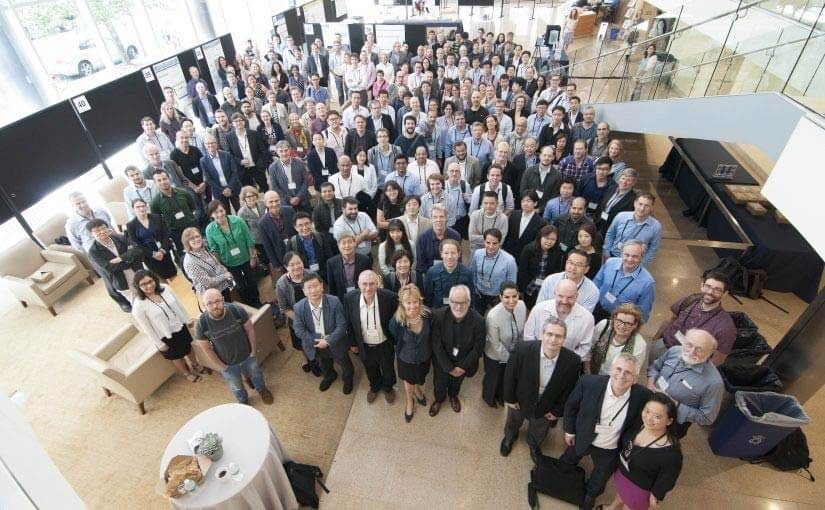An ambitious global genomic research project has been announced to identify new ways to prevent and treat a huge range of cancers.
The International Cancer Genome Consortium for Medicine (ICGCMed) will sequence the genes of 200,000 people with cancer to accelerate advances in cancer treatments.
Dr Nik Zeps is a Perth-based cancer researcher with a passion for translating complex scientific breakthroughs into practical uses that benefit patients. He’s playing several roles in the new project including sitting on the ethical, scientific planning and communications committees.
The project will record non-genetic patient information including details from the pathology report at diagnosis, response to treatments, survival information and patient demographics as well as lifestyle and environmental factors known to influence cancer risk.
This information will be cross-referenced with the genomic data collected. By doing this, the ICGCMed team will identify which genetic changes result in aggressive cancers, and which result in non-threatening or benign tumours. This helps doctors and patients make better treatment choices sooner after diagnosis. Dr Zeps says,
“Australia has a proud tradition of innovation in pathology and medical research and three Australian projects have already been run locally for ICGC in pancreatic and ovarian cancer and in Melanoma. ICGCMed projects will extend that work and could improve cancer prevention and treatment for Australians over the next 10 to 20 years.”
One of the most immediate benefits for patients and researchers will be to simplify clinical trial recruitment, fueling faster discoveries.
Finding cancer patients that meet strict criteria for clinical trials of new drugs and treatments is time consuming. By having such detailed information on hand, potential trial participants can be identified faster, reducing the time needed to complete studies.
Within nine years scientists hope to identify risk factors for specific cancers; develop successful cancer prevention strategies; create new tests for earlier, faster diagnosis and better match treatments with cancer types and lifestyle/environmental factors.
Dr Zeps was an investigator on a previous ICGC project based in Australia that sequenced 461 Australian men and women with pancreatic cancer – a disease with one of the worst survival rates worldwide. The information gained from that study is already being used to improve treatment for pancreatic cancer. He says;
“Input from pathology laboratories is vital to the success of the ICGCMed projects. Pathology teams provide the biopsy samples that are sequenced, detailed genomic and non-genomic information about the cancers, inform us when relapses occur, and help monitor each individual’s response to new trial treatments.”
The ability to sequence entire genomes at an affordable price has made large-scale projects such as ICGCMed possible. The Human Genome Project from 1990-2003 was the first time scientists mapped all the genes in a human body. It took 20 international research institutes and nearly USD $3 billion. Now this information can be sequenced within a few days for around USD $3,000 onto a computer chip the size of an adult’s hand.

